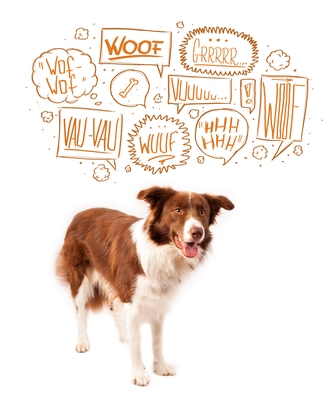These days, there’s lots of press about the use (or mis-use) of words. Journalists and writers complain. Business people urge all to be conversational and precise. Teachers, of course, have a field day.
Every day, slang takes over our talk and thinking. Just think of a few: Deep dive, end user, leverage, low-hanging fruit, synergy. “It’s the deck that touches base with our aspirations, and further expands our bandwidth.”
Yeah, we could go on and on.
But we’ll spare you. Psychologists galore have examined corporate and techno speak, concluding that it’s a:
- · Shorthand to communicate more quick and efficiently
- · Way of indicating you’re a member of a certain club or
- · Need to sound important.
Even better, some good Ph.D. doctors at NYU analyzed the use of abstract language, revealing that its use leads listeners to believe the speaker is lying – more often than if concrete words were spoken.
Bottom line, jargon is muddy and meaningless. It creates a language barrier in cultures that, quite frankly, don’t need any more.
Complaining, though, won’t get us anywhere.
 Our solution? Let’s get well-known public figures and CEOs to start talking and writing with clarity; after all, many of us act as their ghostwriters. Start a campaign with role models everyone respects – perhaps a Jimmy Carter or Tim Cook or (you fill in the blank). Headline it with quotes from Richard Branson (among others): “It is far better to use a simple term and commonplace words that everyone will understand, rather than showing off and annoying your audience.”
Our solution? Let’s get well-known public figures and CEOs to start talking and writing with clarity; after all, many of us act as their ghostwriters. Start a campaign with role models everyone respects – perhaps a Jimmy Carter or Tim Cook or (you fill in the blank). Headline it with quotes from Richard Branson (among others): “It is far better to use a simple term and commonplace words that everyone will understand, rather than showing off and annoying your audience.”
Hey, we can dream, can’t we?


